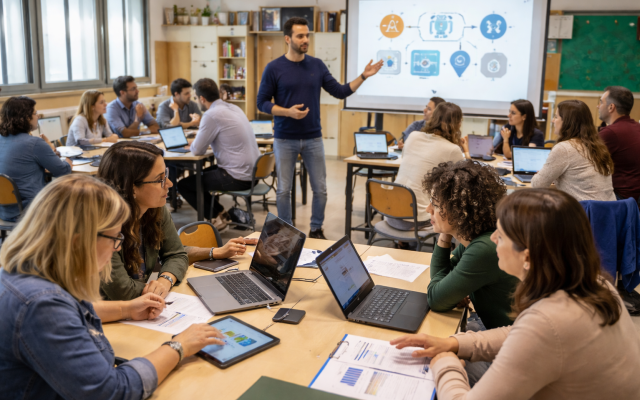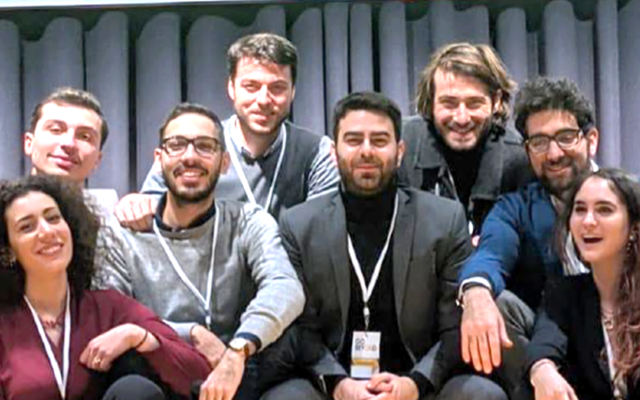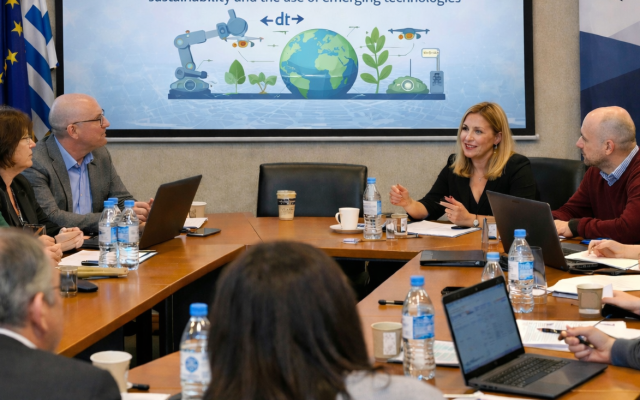Job Digital Lab with ING Italia: Omar Casati, technologist and psychologist
How does you become a company leader? How do you learn to organise people, manage processes and solve problems?
Omar Casati is Test Chapter Lead & IT Area Lead at ING Italia. He has participated in various training sessions for Job Digital Lab, providing participants with his knowledge and professional experience.
With the help of Nicoletta Vulpetti, a true lover of identity stories, the second edition of Job Digital Lab, the educational programme developed with ING Italia, presents the stories of the protagonists of personal and community change.
My life is divided in half: before and after my forties. During the first half, I graduated in computer science, more out of pragmatism than passion. I also had many different jobs to put myself through university from insurer to butcher’s assistant. I worked at Siemens from 1993 to 1997. Then, as a consultant, I learned more about telecommunications until I replied to a job ad and joined ING.
This all belonged to my first forty years. I have now been at ING for seventeen years.
At the beginning it was not easy, but year after year, we built up a team from scratch. We made it grow, evolve and achieve a solid recognition. And then came the satisfaction and the exploration of myself.
I used to run, nothing major, also because I have always been overweight. Then, one day I told myself: It’s January, I’m going to sign up for the New York Marathon in November. And I started preparing for it - eating carefully and pursuing running programmes – and in November I was in NY City.
That was my first marathon. I have since competed in 24 other marathons and three 100 km ultramarathons until my knee gave out. To continue exercising, I had to face a new change. I learned to swim from scratch and the idea is that sooner or later I will swim across the Como Lake.
However, what I’m proudest about is returning to a passion that I had abandoned: psychology. In 2013, I enrolled in a Master Course in Transactional Analysis, a branch of psychotherapy that addresses communications between individuals, groups and companies. I wanted to improve my ability to manage relations at work. I attended lessons over the weekends for three years. The day I earned my Masters, at 50, was immensely joyful.
I don’t even have a photograph from when I graduated in computer science. I really didn’t care. However, I was overjoyed by this Masters. My wife, children and mother were there. I like to explore myself, understand what lurks behind my identity and is not unidirectional.
Although I was born as a technologist, I’m especially interested in people, their motivations and their reasons, rather than what and how. For many years, I worked with a colleague who had many years more experience and taught me a profound truth: any technical problem can be resolved, the true problems are human ones. We need to care for every single person’s story, its unique identity, even on the workplace.
I often tell my collaborators: “ask yourself what your greatest objective is.” Mine, these latter 40 years is to make a work of art out of the world.”




